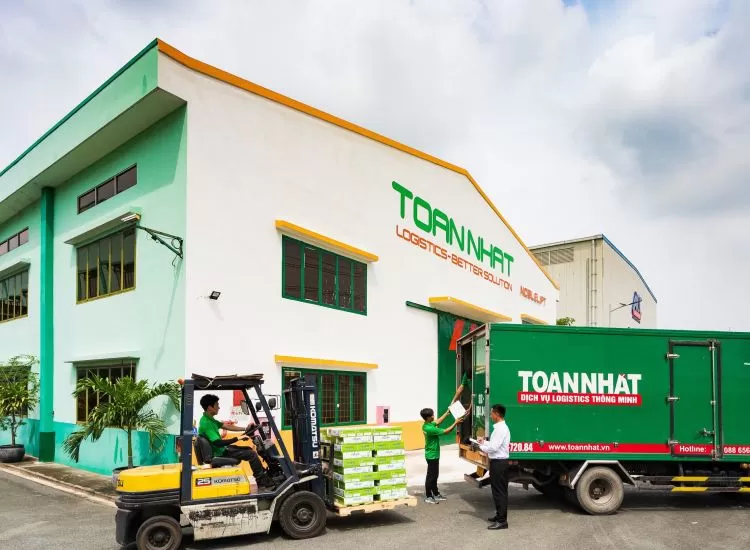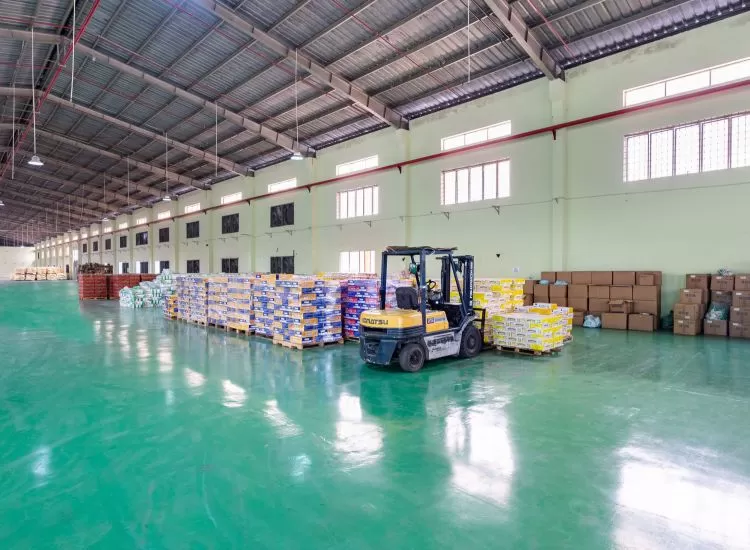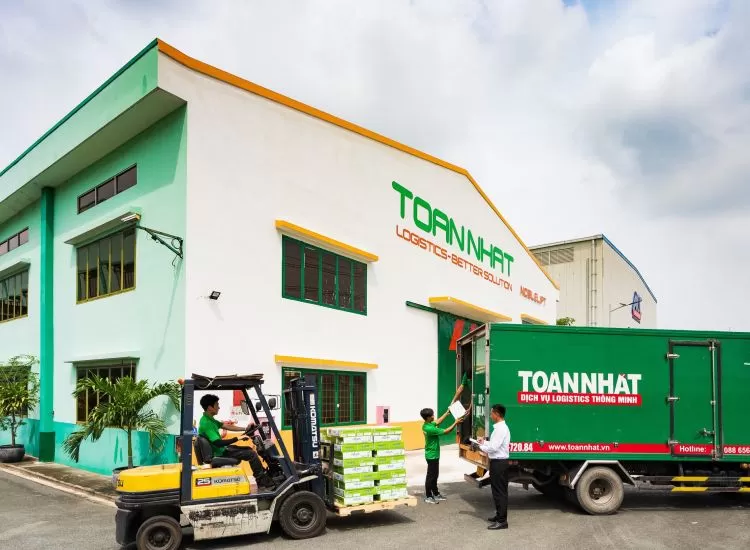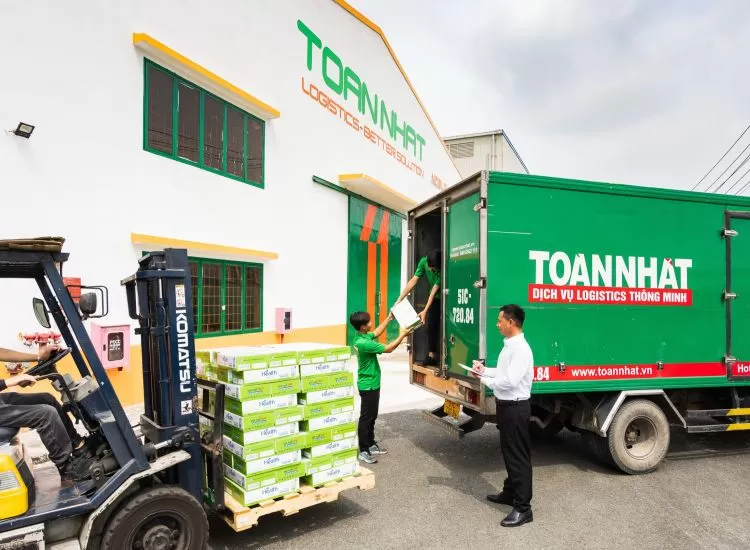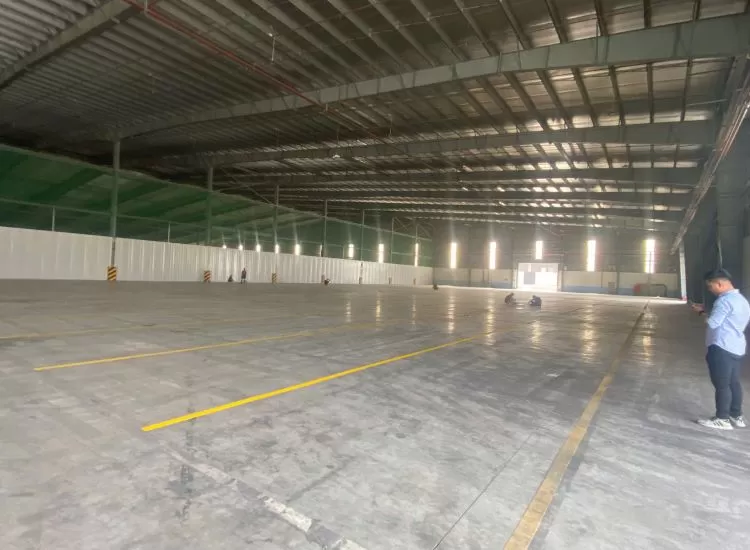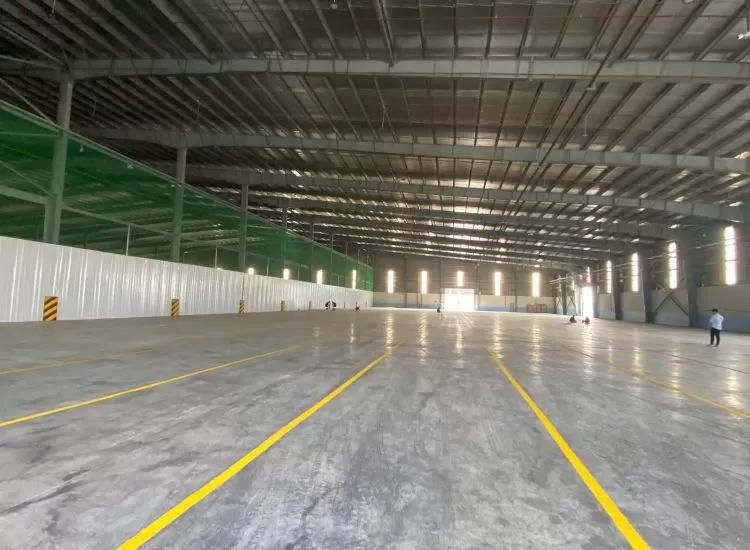Will the South Korean Government Sell HMM?
According to Busan civic organizations and many members of South Korea's maritime industry, they have proposed nationalizing the HMM shipping company, starting a campaign to persuade the government to stop seeking buyers for the country's largest shipping company.
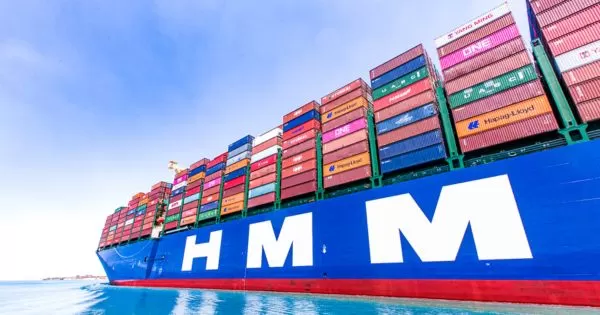
HMM container ship (Photo: HMM)
According to Busan civic groups and members of South Korea’s marine industry, HMM (Hyundai Merchant Marine) should be nationalized. The group has begun lobbying the government to stop its search for a business to sell South Korea's largest ship carrier.
Lobbyists in South Korea, including the National Movement For A New Maritime Power, Busan Port Development Association, recently expressed the view that the three companies vying for HMM may not support the shipping group in the current market and are urging the government not to rush ahead with the deal.
The state took control of HMM through a debt-to-equity swap in 2016, HMM's shares are now held by Korea Development Bank (KDB) and Korea Ocean Business Corp (KOBC). The two giants plan to sell a 40.65% stake in HMM, a figure that could rise to 57.87% if 1 trillion won ($742 million) of bonds are converted into shares.
Three names, Harim-JKL, Dongwon Group and LX International, have been shortlisted so that they can become HMM's largest shareholder, and the brightest name is expected to be announced next month. All three of these corporations are Korean businesses. Previously, Hapag-Lloyd, the world's fifth largest shipping company, was the only foreign name to express an interest in acquiring HMM but did not go far in the deal.
But even the sale of HMM to a Korean company is something that many people are concerned about. At the end of October, campaigners said: “Ocean-going container shipping is a business of national interest and is difficult for private companies. It would be wise to turn HMM into a national enterprise, or a joint stock company in which all citizens are investors, without a single large shareholder. Considering the bidders’ asset scales, it’s questionable whether HMM can cope with a future recession. It’s not advisable to sell HMM in a hurry.
“HMM must grow with international competitiveness and lead the development of the [domestic] shipping industry. There’s a great need for solid national support to nurture HMM into a world-class ocean-going liner operator.”
Urging the government to learn from the collapse of Hanjin Shipping in 2017, the lobbyists also claimed the sale of HMM reflected a desire by KDB and KOBC to “monetise HMM bonds held by KDB”.
Both Harim-JKL, Dongwon and LX are raising capital in various ways, including asset sales, to take over HMM for an estimated price of between 5 trillion won (about $3.5 billion) to 10 trillion KRW (about 7.4 billion won).
However, Tan Hua Joo of Linerlytica, a consultant, told The Loadstar: “It is unlikely that any of the prospective buyers would be able to match the asking price, and I expect the sale to be withdrawn.”
Recent attempts to sell South Korean shipping companies, businesses considered to be of strategic importance to the country have resulted in the deal being cancelled or the business nationalized in some form.
In July, South Korean private company IMM canceled plans to sell HMM's previously owned LNG carrier, Hyundai LNG Shipping, whose main client is state-owned Korea Gas Corp. The move is believed to have come from pressure from the South Korean government. Both JP Morgan and Goldman Sachs are said to have shown interest in acquiring Hyundai LNG, but the deal raised concerns about foreign control over South Korea's LNG supply chain.
Later in September, Woori PE (a member of Woori Bank), together with HMM and KOBC formed a joint venture to acquire Polaris Shipping, a carrier that holds major shipping contracts with steel producer Posco, state-run Korea Electric Power Corp and Brazilian miner Vale. The consortium is said to be paying $448 million to own Polaris, after the South Korean government reportedly feared that the Chinese shipping conglomerate Cosco wanted to acquire the company.
Meanwhile, in Southeast Asia, Thais are also considering setting up a state-owned shipping company. In mid-October, Thailand's transport ministry said it was conducting a feasibility study to develop a state-controlled train carrier. Sources told the Bangkok Post that the carrier will launch with four container ships, and will carry 2 percent of the country's imports and exports.
See also:
- Hapag-Lloyd Excluded from HMM's Second Round of Bidding
- SM Group Abandons HMM Acquisition Ambitions
- HMM reports a more than 90% drop in profits in the first half of the year
Source: Phaata.com (According to The Loadstar)
Phaata.com - Vietnam's First International Logistics Marketplace
► Find Better Freight Rates & Logistics Services!



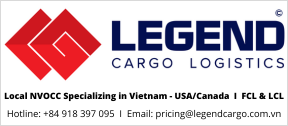
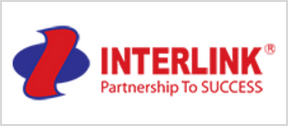

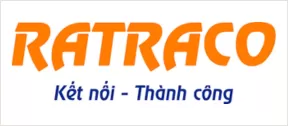


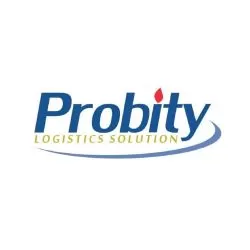
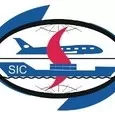
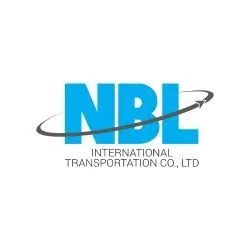

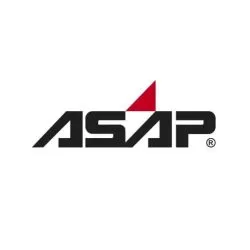



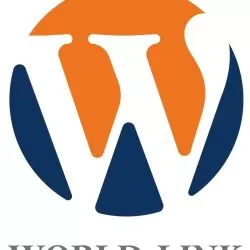

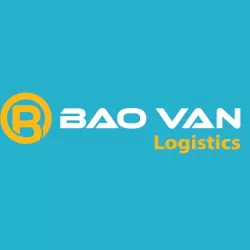



.webp)
.webp)
.webp)
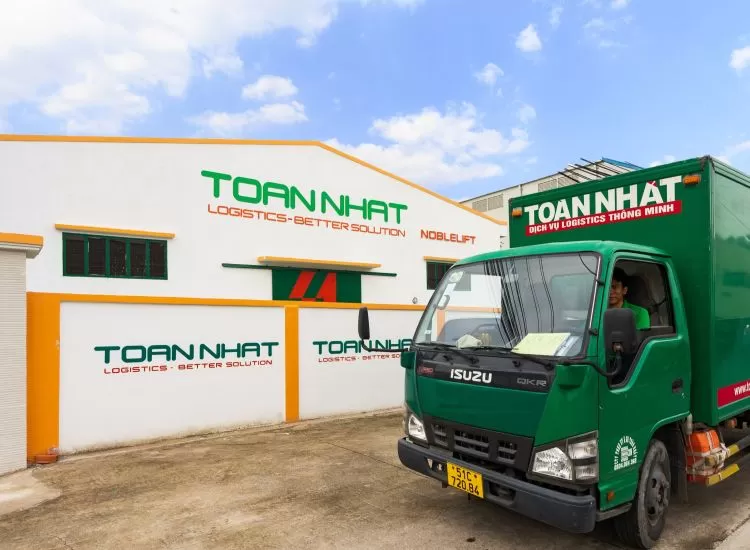
.webp)
